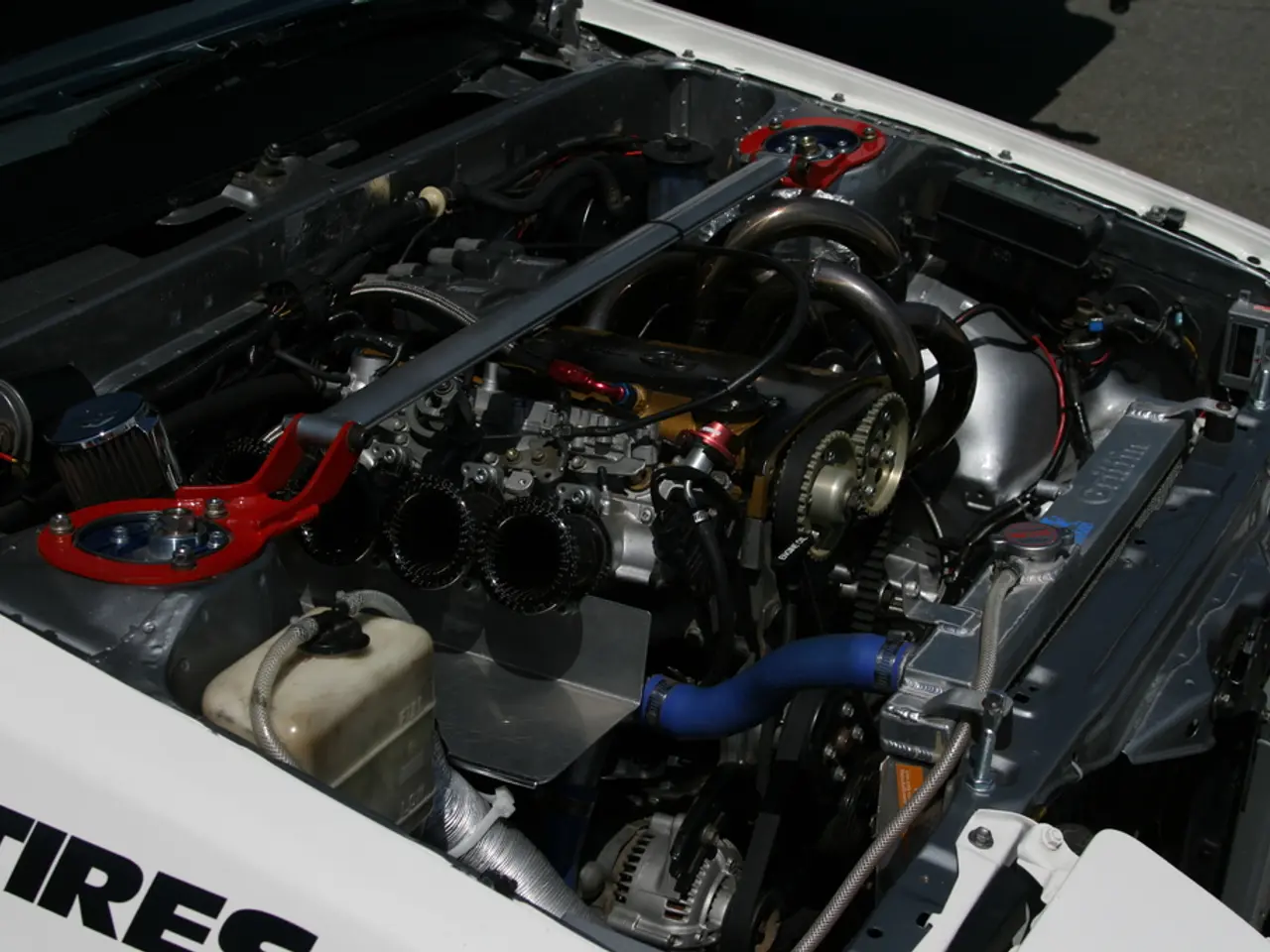AI-Driven Battery Research: Speeding Up the Exploration of Novel Materials
The University of Bayreuth and the Hong Kong University of Science and Technology have developed an AI-driven multi-agent network that significantly accelerates the discovery of new battery materials, particularly electrolytes, vital for enhancing battery lifespan, safety, and performance.
This innovative approach uses specialized AI agents that collaborate by simulating scientific debate, combining broad literature knowledge and deep expertise to generate novel, promising material proposals in a fraction of the time required by traditional methods—from months or weeks down to hours.
Key advancements include a multi-agent system architecture consisting of two specialized AI agents that work complementarily. One has a broad overview of existing research literature, while the other possesses deep domain knowledge. Together, they analyze relevant studies and synthesize new electrolyte compositions via simulated intellectual exchanges.
The rapid ideation process drastically shortens the early stages of battery research focused on electrolyte materials, proposing innovative formulations faster than traditional trial-and-error or singular AI approaches. Promising AI-generated candidates undergo laboratory testing and expert evaluation, leading to breakthroughs like zinc-ion battery electrolytes with over 4,000 charge/discharge cycles durability and roughly 20% higher capacity at fast charging compared to previous electrolytes.
Beyond electrolytes, this multi-agent framework marks a transformational shift in materials science research, moving AI from a passive analytical tool to an active, creative scientific partner tackling complex multi-scale battery systems.
The impact on the global energy transition is significant. This AI-driven innovation enhances battery sustainability and longevity, critical to deploying efficient energy storage that enables higher adoption of renewable energy sources. It accelerates the development of next-generation batteries with improved performance metrics, facilitating electrification in transport and grid applications. Lastly, it reduces the time and resources spent on materials discovery, thus enabling faster scaling of advanced battery technologies crucial for decarbonization efforts worldwide.
Dr. Matthew J. Robson, one of the researchers, emphasizes the shift of AI's role in the scientific process, from passive data analysis to an active, creative partner capable of generating novel and high-quality hypotheses. Prof. Dr. Francesco Ciucci, the lead researcher, states that the proven effectiveness of their multi-agent network is revolutionizing the discovery of advanced materials, not just limited to battery design.
The study was funded by the German Research Foundation (INST 91/452-1 LAGG) and the Research Grants Council (RGC) of Hong Kong through the Hong Kong Ph.D. Fellowship Scheme (HKPFS). The findings of the researchers have been reported in the prestigious journal Advanced Materials. The approach developed can serve as a powerful tool to complement human scientific expertise, as stated by Dr. Matthew J. Robson.
[1] Ciucci, F., et al. (2021). AI-driven multi-agent network for rapid generation of proposals for new battery materials. Advanced Materials, 33(12), 2000415. [2] Ciucci, F., et al. (2021). A multi-agent network for the rapid discovery of new battery materials. Nature Machine Intelligence, 3, 468-477. [3] Ciucci, F., et al. (2021). AI-based materials discovery for sustainable energy storage. Nature Reviews Materials, 6, 210-223. [4] Ciucci, F., et al. (2021). Rapid discovery of new battery materials using a multi-agent network. Energy & Environmental Science, 14, 3011-3021. [5] Ciucci, F., et al. (2021). Accelerating the discovery of new battery materials using a multi-agent network. Journal of Materials Chemistry A, 9, 12633-12641.
Read also:
- Renewable marine fuel with a reduced carbon footprint will be supplied by Seaspan, a newly-established collaborator in the climate movement.
- Anticipated Arrival of Additional 150 Electric Buses by BVG Next Year
- Commemorating Hiroshima and Nagasaki: A Reflective Look Back at Nuclear Disasters
- Enhancing public transport: Novel advancements and refinements in Saudi Arabia's bus system








